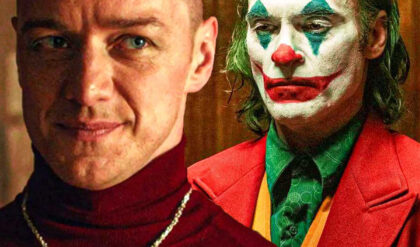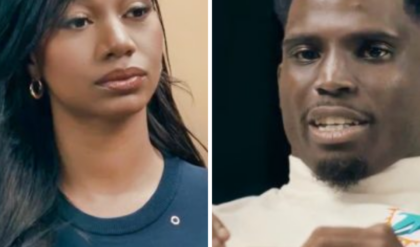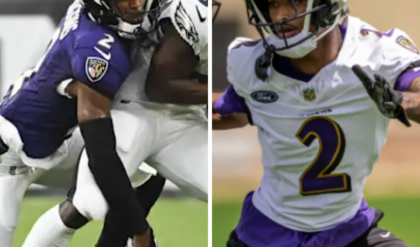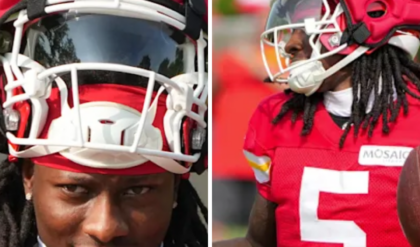The Hidden Tensions Between Michael Jackson, Prince, and Beyoncé

In the world of pop music, few names shine as brightly as Michael Jackson, Prince, and Beyoncé. While each artist has carved out a unique niche, a closer look reveals subtle yet significant tensions among these icons. These undercurrents stem from differing perspectives on artistry, originality, and the music industry’s evolution.
Michael Jackson, the King of Pop, was renowned for his unmatched dance moves and innovative music videos. His legacy was built on originality and a deep understanding of music and dance, elements he believed were essential for true artistry.
In a surprising revelation, MC Hammer once shared a conversation where Jackson expressed skepticism about Beyoncé’s talents. Jackson reportedly said, “She takes lessons; she ain’t that good,” hinting at a lack of authenticity in her performances compared to his self-taught skills. Jackson’s comment was not just a critique of Beyoncé’s dancing but an indirect challenge to the authenticity of her artistry, suggesting that her success might owe more to manufactured appeal than genuine talent.
Prince, a musical genius known for his exceptional skill across multiple instruments and his innovative approach to music, also had a complex view of Beyoncé. Despite offering to teach her piano, Prince expressed surprise at her musical knowledge, subtly questioning the depth of her understanding of music.
This comment reflected his broader critique of modern artists who, in his view, relied too heavily on sampling rather than creating original content. Prince famously stated, “I am a musician; I don’t sample,” underscoring his disdain for the practice.

This sentiment could be seen as a critique of Beyoncé’s hit “Crazy In Love,” known for its extensive sampling, and highlighted a philosophical divide between the two artists. Prince’s comments suggested a belief that Beyoncé’s success might be more attributable to her image and connections than to her artistic merit.
Beyoncé has faced numerous allegations of uncredited sampling and borrowing ideas throughout her career. These accusations range from choreography to songwriting, with several artists claiming that Beyoncé took credit for their work. For instance, the controversy over the song “If I Were a Boy,” initially penned by BC Jean, raised questions about the authenticity of Beyoncé’s contributions.
Similarly, Belgian choreographer Anne Teresa De Keersmaeker accused Beyoncé of copying dance moves for the “Countdown” music video. These controversies have led to a broader debate about the nature of Beyoncé’s artistry, with some critics suggesting that she lacks originality and relies heavily on the work of others.
The concept of “industry plants”—artists who achieve fame more through industry connections than genuine talent—has been a point of contention in discussions about Beyoncé. Some critics argue that Beyoncé’s polished image and mainstream success are the result of careful industry engineering rather than an organic rise to fame.
This perspective contrasts sharply with the journeys of Michael Jackson and Prince, who both emphasized self-made artistry and innovation. The tension between these differing paths to success highlights broader issues within the music industry, such as the commercialization of talent and the prioritization of marketability over artistic integrity.
The subtle jabs and criticisms from Michael Jackson and Prince towards Beyoncé highlight a generational and philosophical divide in the music industry. While Beyoncé is celebrated as a powerhouse performer, her career has been shadowed by accusations of inauthenticity and uncredited borrowing. In contrast, Jackson and Prince are often seen as paragons of originality and self-taught talent.
These tensions reveal deeper questions about what constitutes true artistry in an era where image and marketability often take precedence over genuine musical innovation. As the music industry continues to evolve, the legacies of these iconic artists will continue to spark debate and reflection on the nature of fame and artistic authenticity.
VIDEO:





